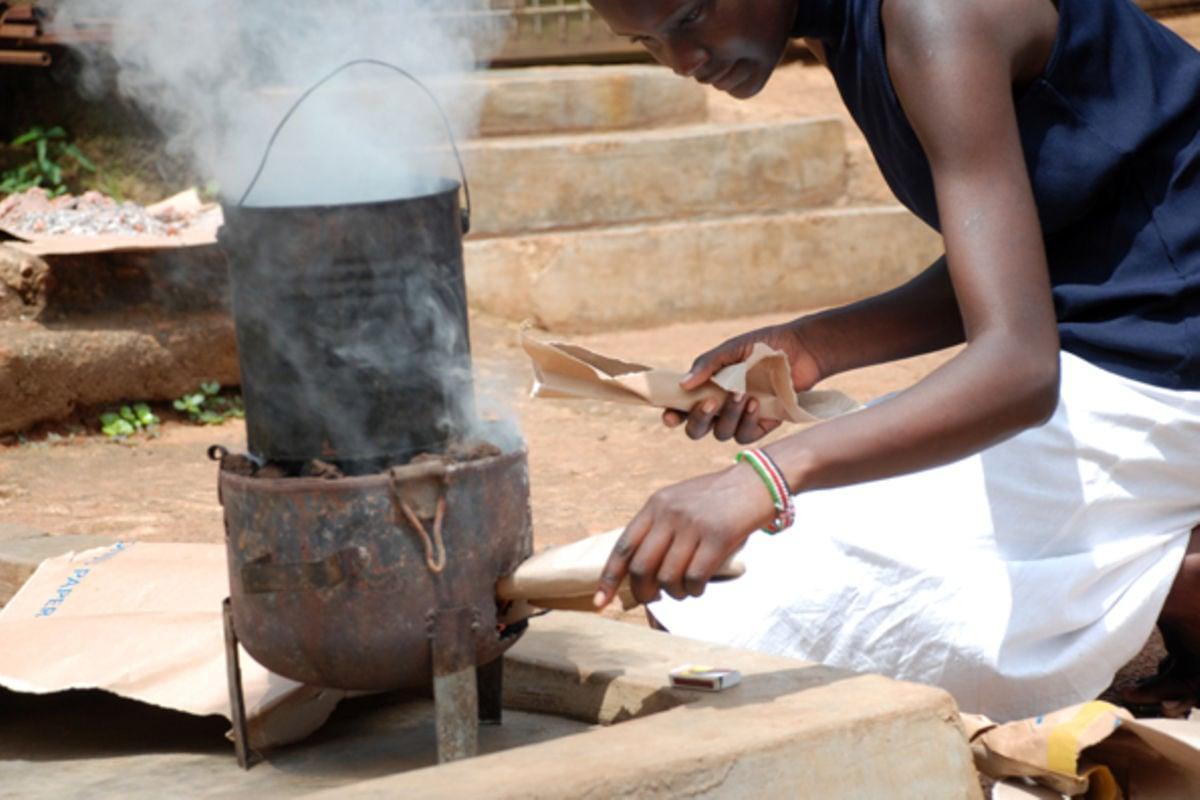Africa-Press – Uganda. The low uptake of clean cooking technologies among communities has been cited as one of the major factors exacerbating climate change in the communities.
Conservationists say due to the demand for fuel, clean cooking technologies are seen as solutions to mitigate the negative effects of climate change among the populations.
Ms Christine Mbatuusa, the project coordinator at the Environmental Management for Livelihood Improvement (EMLI) Bwaise Facility said that they have started to work with the rural poor communities to establish the issues affecting low adaptability of clean cooking to advocate for change.
She also observed that the technologies for clean cooking are not available because their supply is not adequate.
“When you go to the lower level (communities), you find that these people do not know the technologies and if they know them, they cannot afford them, if they can afford them, then the maintenance is costly. So we want to have a feel of why the rural poor people are not adopting clean cooking technologies,” she said.
According to her, there is high demand for energy in the country in terms of biomass yet it increases the emissions because the carbon sinks are reduced due to tree cutting and charcoal burning to get fuel, thereby contributing to global warming.
“By promoting clean cooking technologies, we will be making sustainable natural resources like forests to have time to grow and increase the carbon sinks. This means we shall have an environment where carbon is captured from the atmosphere,” she said.
Ms Mbatuusa was one of the presenters at the dissemination of a report on Clean and Modern Energy Cooking Solutions in Greater Virunga Landscape held in Kampala.
EMLI and the Greater Virunga Landscape Multi-Stakeholder Climate Change Platform with partners, commissioned a survey on clean and modern energy cooking solutions to strengthen the civil society’s capacity to advocate for improved climate and natural resources governance.
The survey shows that the introduction of new (modern) fuels and technologies is often met with inertia from communities hence, the need for behavioural change in the introduction of clean cooking fuels and technologies.
“An additional risk for households is the uncertainty of the availability of fuel, unlike traditional fuels, and this concern is found mostly in informal settlements,” the survey shows.
Mr Geoffrey Kaluya, a promoter of clean cooking said that in Uganda, less than 1 percent of the population has access to modern cooking fuels; 96 percent of households use wood or charcoal as their primary cooking fuel.
According to UBOS, clean cooking national access is around 6 percent.
According to Ms Mbatuusa, the government enacted a policy that is promoting alternatives to biomass but the communities or populations have not yet appreciated it fully.
“From that perspective, we want to do advocacy on how to increase adaptation of these technologies. The clean cooking technologies that are highlighted and described in the national energy policy, it is a draft so we feel that if there are still gaps in that policy, will help us to input in that policy,” she added.
For More News And Analysis About Uganda Follow Africa-Press






